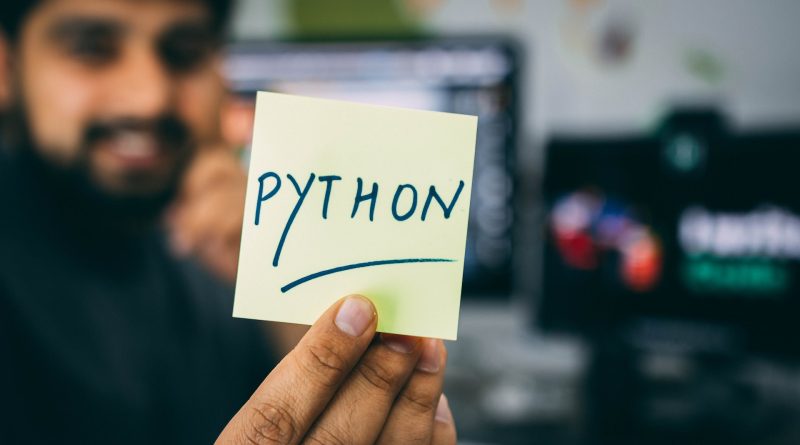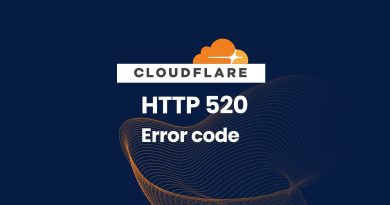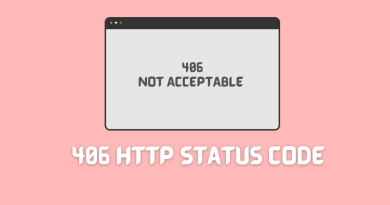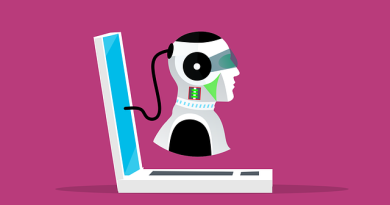Check How Long Does It Take to Learn Python
Python programming language is a very versatile language that can be used on the backend, frontend, or full stack of web development. It has a low learning curve and is relatively easy to learn for beginners. In this article, we will discuss how long it takes to learn python, best way to learn as well as some online courses and tips to get started.
What is Python
Python is a programming language with many applications in a variety of industries. It was created in the late 1980s by Guido van Rossum and has been maintained by the Python Software Foundation since 2001. Python is object-oriented programming language, and it is known for its readability, allowing developers to quickly understand code written by any other python developer. It also has a large library of modules that can be used for various tasks, such as scientific computing, data analysis, machine learning, and more.
Python is used in many industries today, including finance, engineering, healthcare, data science and more. Some popular Python applications include:
- Backend web development: Django, Flask
- Data analysis: Pandas, NumPy
- Machine learning: TensorFlow, Scikit-learn
- Scientific computing: Jupiter Notebook
Is Python difficult for beginners?
As any experienced programmer will tell you, there is no such thing as an easy programming language. Different languages have different strengths and weaknesses, and what may be easy for one person may be difficult for another. That being said, Python is generally considered to be a fairly beginner-friendly language and it is considered as one of the easiest programming languages and one of the top programming languages for robotics. Its syntax is relatively straightforward, and its structure is designed to promote readability. In addition, Python comes with a large standard library that includes many of the most common programming tasks, which means that beginners can get up to speed quickly without having to learn a lot of complex concepts at once. Of course, like any language, Python has its fair share of challenges, but overall it is considered to be a good choice for those just starting out in programming.
How long will it take to master Python language?
There is no single answer to this question since it depends on factors such as your previous programming experience, how much time you are willing to devote to learning Python, and your learning style. However, most people who are new to Python report feeling confident with the basics after a few weeks of practice. If you dedicate an hour or two each day to learning Python, you should be able to achieve a basic level of proficiency within a month or two. Once you have mastered the basics, you can start exploring more advanced concepts and working on larger projects. With time and practice, you will eventually improve your python skills and become a proficient Python programmer.
Python Learning stages
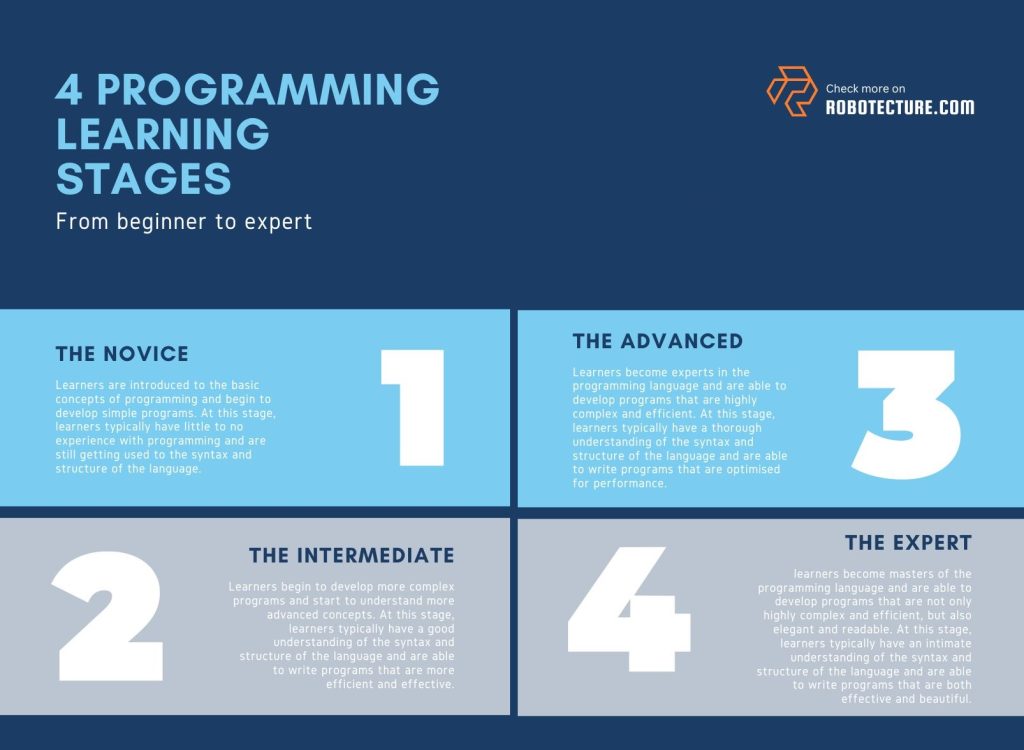
- The Novice Stage
In the novice stage, learners are introduced to the basic concepts of programming and begin to develop simple programs. At this stage, learners typically have little to no experience with programming and are still getting used to the syntax and structure of the language. - The Intermediate Stage
In the intermediate stage, learners begin to develop more complex programs and start to understand more advanced concepts. At this stage, learners typically have a good understanding of the syntax and structure of the language and are able to write programs that are more efficient and effective. - The Advanced Stage
In the advanced stage, learners become experts in the programming language and are able to develop programs that are highly complex and efficient. At this stage, learners typically have a thorough understanding of the syntax and structure of the language and are able to write programs that are optimised for performance. - The Expert Stage
In the expert stage, learners become masters of the programming language and are able to develop programs that are not only highly complex and efficient, but also elegant and readable. At this stage, learners typically have an intimate understanding of the syntax and structure of the language and are able to write programs that are both effective and beautiful.
Is Python popular programming language?
According to Statista as of 2022, Python is the 4th most used programming language after Javascript, HTML/CSS and SQL.
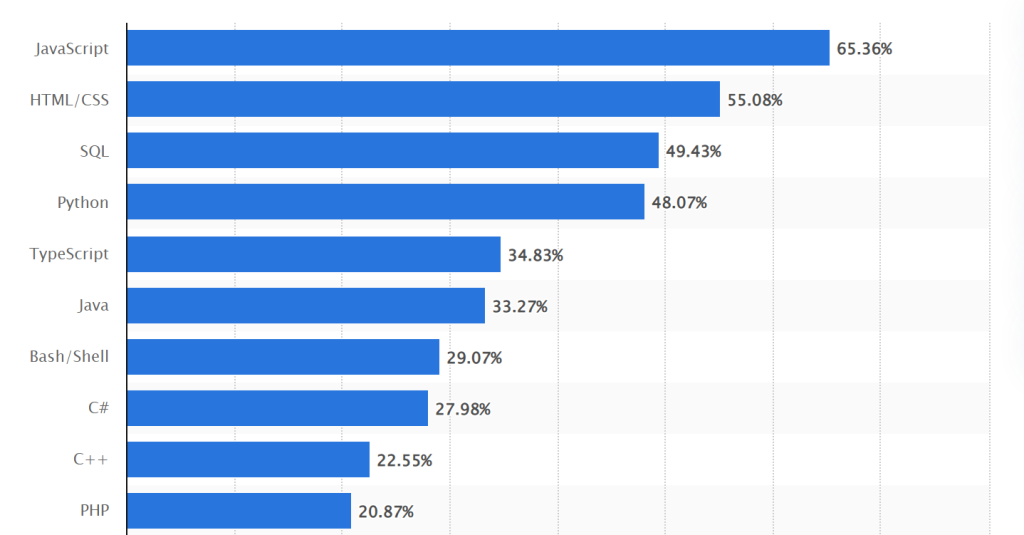
Can you learn Python on your own?
Python is a widely used programming language with many applications. It is a popular choice for beginners due to its ease of use and readability. However, some people may wonder if it is possible to learn Python on your own. The answer is yes! While it may be helpful to take a class or have someone else teach you the basics, you can definitely learn Python on your own if you are willing to put in the time and effort. There are plenty of resources available online, such as tutorials, reference materials, and large python community where you can ask questions and get help from other Python programmers. With a little patience and perseverance, anybody can learn Python!
Best way to learn Python?
The best way to learn Python is by doing. Though it may sound trite, there is no substitute for actually writing code and running programs. The best way to learn the mechanics of a programming language is to sit down and write code. You will make mistakes, but that’s how you learn. The best way to learn the application of a programming language is to find a problem you want to solve and write code that solves it. This can be anything from automating a task you do every day, to writing a web scraper that collects data from around the web.
As you work on projects, you will naturally run into problems that you don’t know how to solve. This is where learning process really accelerates, as you will look for solutions online, in books, from online resources or from other people. By immersing yourself in Python, you will quickly become proficient in both the language and its applications.
Online Python courses
While there are many paid courses available, there are also a number of online python courses that can provide a comprehensive introduction to the language.
- For those just starting out, Code Academy’s Python course is a great place to begin basic python. The course starts with the basics, such as variables and data types, and gradually builds up to more complex concepts such as loops and functions.
- For those who want a more in-depth understanding of Python, Udemy offers a comprehensive course that covers everything from basic syntax to advanced libraries.
- For those who want to learn for free at their own pace, Google’s Python Class is a great option. The class is self-paced and includes lectures, exercises, and a final project from python basics to more advanced. With so many free resources available, there’s no excuse not to learn Python today.
Tips for beginners who are trying to learn a programming language
1. Choose the right language.
The first step to learning a programming language is to choose the right language. There are dozens of programming languages, and each has its own strengths and weaknesses. If you’re not sure which language to learn, try looking at job postings to see which languages are in demand. Alternatively, you can ask a friend or family member who is already a programmer for their recommendation.
2. Find a good resource.
Once you’ve chosen a language, you’ll need to find a good resource to help you learn it. There are many resources available, including books, online tutorials, and coding bootcamps. If you’re not sure where to start, try searching for “learn [language] programming” online to find some popular resources.
3. Start with the basics.
When you’re first starting out, it’s important to focus on the basics. Don’t try to learn everything at once; instead, focus on mastering the fundamentals. Once you have a solid understanding of the basics, you can start learning more advanced concepts.
4. Practice, practice, practice.
One of the best ways to learn a programming language is to practice coding as often as possible. Whenever you have some free time, try working on small coding projects or solving coding challenges online. The more you practice, the better you’ll become at coding.
5. Seek help when needed.
If you ever get stuck while trying to code something, don’t be afraid to seek help from others. There are many resources available online (such as Stack Overflow) that can help you find solutions to your coding problems. Additionally, most programming communities are very welcoming and happy to help beginners who are trying to learn
Conclusion
Learning Python can seem like a daunting task, but with the right resources and practice it is possible to become proficient in the language. With its low learning curve, Python is an excellent choice for beginners looking to learn programming. Online courses and bootcamps are available to provide more comprehensive instruction, while free online tutorials are great starting points for those wanting to learn for free. With the right dedication and resources, there’s no reason why you can’t become a successful Python programmer!
